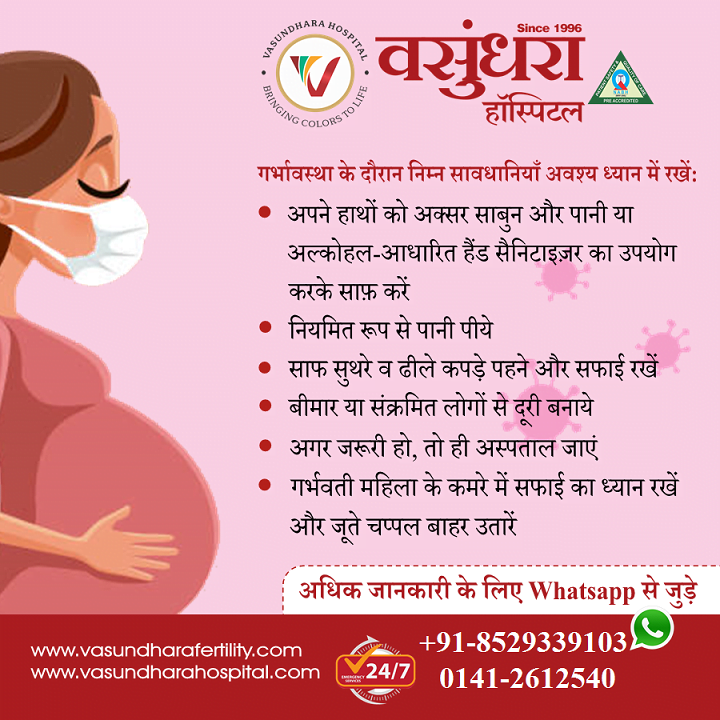WHAT IS PCOS/ PCOD?
Polycystic ovary syndrome (PCOS) or Polycystic ovary disease (PCOD)is a common endocrine condition in young women. It affects approximately 10- 15% of women with reproductive age group and often leads to difficulty in getting pregnant. Women with PCOS exhibit a variety of symptoms like irregular periods, excessive hair growth, acne, hair fall, weight gain and on an ultrasound scan, ovaries are found to contain multiple small cysts. The word cyst is actually a misnomer, as these are basically small antral follicles, which are present in all women in reproductive age group. In PCOS women, these small follicles are excessive in number. These follicles produce excessive hormones which in turn create problems with egg formation leading to delayed cycles and infertility.
PCOS AND INFERTILITY
PCOS has a negative impact on fertility as women with the condition do not ovulate regularly. This means that the egg that is formed and released every month which ultimately becomes available to cause a pregnancy, is not coming up. As ovulation does not occur, periods become irregular, pregnancy does not happen and there are high levels of hormones such as estrogens and testosterone that causes excessive hair growth and can negatively affect egg quality.
HOW TO GET PREGNANT WITH PCOS?
Once a lady willing to plan a pregnancy is diagnosed with PCOS, it is better that she puts conscious efforts leading to a positive outcome as soon as possible. Many women will conceive on their own without treatment, some might need some form of treatment.
STEPWISE APPROACH FOR PCOS MANAGEMENT
Women looking for PCOS specialists in Jaipur sometimes avoid visiting infertility specialists for consultation as they fear that they would be offered IVF treatment directly. This is not always true. We, at Vasundhara hospital Jaipur have helped countless couples facing this problem with our stepwise treatment approach. The key is early diagnosis and correct treatment. Random treatments without monitoring and a battery of investigations are both physically and financially draining.
LIFESTYLE MANAGEMENT
The first step is lifestyle management which includes diet control and exercise.
The GOAL is ATLEAST 10% WEIGHT REDUCTION OVER 6 MONTHS.The options are brisk walk, stretching exercises, yoga, outdoor games.
According to recent ESHRE guidelines, 2019, the recommendations are:
For prevention of weight gain and maintenance of health, a minimum of 150 min/week of moderate intensity physical activity or 75 min/week of vigorous intensities or an equivalent combination of both, including muscle strengthening activities on 2 non-consecutive days/week is recommended.
For weight reduction, a minimum of 250 min/week of moderate intensity activities or 150 min/week of vigorous intensity or an equivalent combination of both, and muscle strengthening activities involving major muscle groups on 2 non-consecutive days/ week is required.
Along with this, minimised sedentary, screen or sitting time is desirable.
Physical activity includes leisure time physical activity, transportation such as walking or cycling, occupational work, household chores, games, sports or planned exercise, in the context of daily, family and community activities. Daily, 10000 steps are ideal, including activities of daily living and 30 minutes of structured physical activity or around 3000 steps. Structuring of recommended activities need to consider women’s and family routines as well as cultural preferences.
PCOS AND DIET: The diets shown to be most successful in PCOS patients include those with lower carbohydrates, avoidance of potatoes, rice, breads, maida, sugars, processed food, bakery items. Taking antioxidant rich diet as tomatoes, guava, fresh fruits, green vegetables, nuts, sprouts and plenty of water might help maintain the hormone levels.
OVULATION INDUCTION
Women who still face problems with ovulation despite lifestyle modifications may require ovulation induction to assist egg formation. Initially, tablets are prescribed for the same. The response to medicines is assessed by ultrasound follicular growth scans. In cases where ovulation fails to happen with tablets, use of adjuvant therapies may solve the purpose.
There are cases where first line management fails to show results. In such cases, woman is given gonadotrophin injections. This is closely monitored with ultrasound scans. In some selected cases laparoscopy and ovarian drilling is done.
When all the above strategies fail, woman requires In Vitro Fertilisation (IVF). This procedure is the last option for women with PCOS but at the same time most effective. If done in safe and experienced hands, IVF promises a reasonably good pregnancy rates with minimum adverse effects.
There are a lot of doctors including gynaecologists and infertility specialists offering PCOS treatment in Jaipur , but selecting the best one is challenging. We, at Vasundhara hospital Jaipur have gynaecologists trained in reproductive endocrinology also following the stepwise approach in PCOS management.
When selecting the best infertility centre in Jaipur, remember to discuss about the stepwise approach for PCOS. IVF may be the best solution to almost all the infertility related problems in terms of success rates but there are other options too that must be explored before resorting on to IVF.
LONG TERM HEALTH PROBLEMS IN PCOS
Long term health risks and the need for healthy lifestyle maintenance has to be discussed at soon as the diagnosis of PCOS is made. The risks include a spectrum of cardiovascular disease, gestational diabetes, type 2 diabetes, Obstructive sleep apnoea in obese women, endometrial cancer in women with oligo/ amenorrhoea, depressive and anxiety symptoms, mood swings, psychosexual dysfunction. These risks are very much avoidable with good lifestyle modification and timely intervention.





